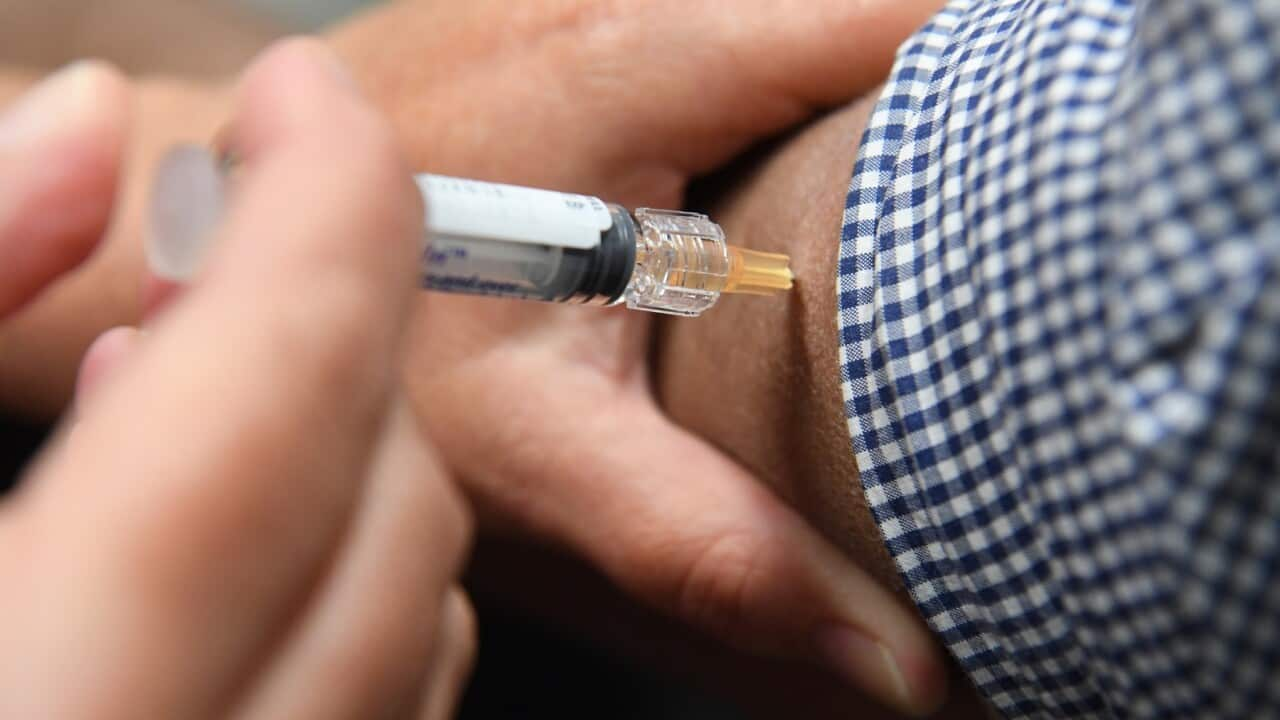Key Points
- Victoria is on alert over a gastro superbug called shigellosis.
- It's highly contagious and can be transmitted through sexual contact.
- Victoria's health department has concerns over increasing antibiotic-resistant cases.
Victoria is on alert over a gastro superbug, with rising cases sparking a warning from the state's public health chief.
Here's what to know about the highly-contagious bowel infection known as shigellosis.
What is shigellosis and what are its symptoms?
It's a bowel infection and can lead to acute diarrhoea, fever, nausea, vomiting and abdominal cramps.
It's highly contagious and can be transmitted through sexual contact.
"Symptoms usually develop one to three days following exposure but can occur as early as 12 hours to as late as one week afterwards in some cases," outgoing Victorian chief health officer Professor Brett Sutton's alert warned.
"Cases remain infectious while the shigella bacteria continue to be shed in faeces. This can last for up to four weeks after symptoms resolve."
Four different strains of shigella bacteria can cause infection, and Victoria's health department has concerns over increasing antibiotic-resistant cases.
Many of the antibiotic-resistant Victorian cases have been identified among men who have had recent sexual contact with other men, while others involved returned travellers.
"Antibiotic-resistant infections are a serious public health problem because infections are harder to treat," the alert read.
How to protect yourself from shigellosis
The Victorian health department says that good personal hygiene is the most important preventative measure and urges before handling food and eating, and after using the toilet.
"Cases should not prepare food for others until 48 hours after symptoms resolve," it says.
Travellers should also take adequate water and food safety precautions, it says. The federal government's provides some country-specific health advice, including where water should be boiled before consumption.
It also recommends that men and women should abstain from sex while symptomatic and until one week after diarrhoea has resolved.
"For a further two weeks, reduce faecal-oral exposure by washing hands and preferably genitals with soap and water before and after sexual activity, such as by showering," the health department says.
It also recommends practising safe sex.
Victorian clinicians were told to include stool culture when testing patients for shigellosis, only prescribe antibiotics for cases of severe infection, and notify the health department of any shigellosis case within five days of diagnosis.












